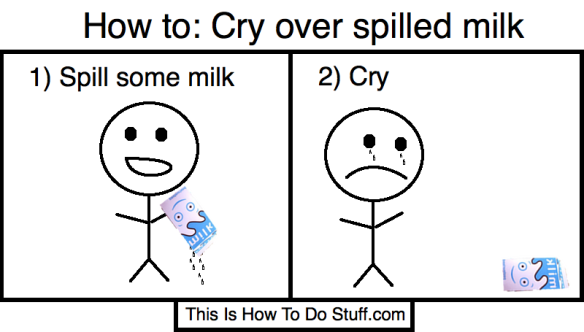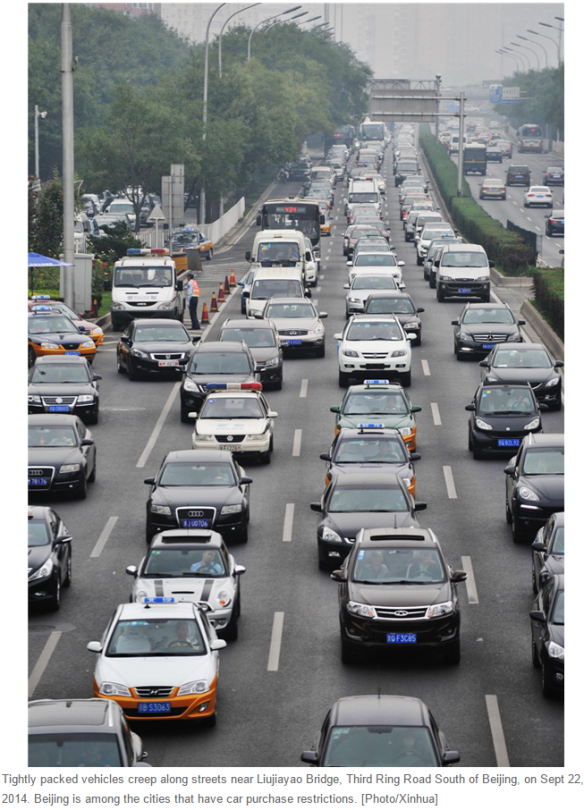While the world in general seems to get tougher and more and more focused on individual power, wealth, and success – rather than the old idea of helping each other to prosperity – I thought that it could be interesting to recap and search through the memories of a long working life, listing the things that actually worked well despite being out of sync with today’s rougher working conditions.
It seems to me like the new style is, in fact, just being the pendulum swinging back towards the conditions of the beginning industrialization after having briefly touched a more humanist approach. The darkening is again becoming the goal, after many years of enlightening. The light has been switched off.
Utopia
I imagine a world in which each potential employee/job seeker writes a list of tasks and conditions that would suit them – and then employers can bid in on it with an application. This is, of course, the exact opposite of the world as we know it, hence, an Utopia.
My list
General company terms:
- Flexible hours – if work can be done at any time, then why insist on fixed hours?
- Possible to work from home – gives flexibility in life and easier time management
- Stress free environment (not “we are always very busy” or “you thrive with tight deadlines and rapid changes in goals and conditions”)
- Overtime is fine, occasionally, but in general the work can be done during the hours agreed on in the contract
- Values: Respect for the individual + knowledge sharing
- No performance management – control and cooperation are rather based on dialogue and mutual assistance. Any measurements are for the purpose of understanding, not for punishing
- Physical surroundings suitable for the job, i.e., if car is needed there are parking spaces, if meetings are part of the job there are meeting rooms, etc.
Characteristics of the job itself:
- There is a defined area of responsibility
- Tasks cover end to end, allowing for an understanding of the value of each step and being proud of having completed it – also when several people collaborate to do this
- Plans are made carefully but with flexibility to allow for new understandings and learning to be utilized and new needs to be included. No panic reactions and sudden, unexplained changes of course
- Knowledge sharing and communication is part of the job
- Goals are reached through people, processes, and technique – in that order
- There is feedback on the work, showing that it is important to some
- No matter the job type and level the employee is part of a team that has a main focus on helping each other to make good decisions and, simply, to ensure a systemic approach to solving the tasks
Some features of the boss:
- A human being, not an archetype – the HR approach to standardizing leadership is taking away the human aspect and should be used with caution
- Team oriented – is helping their employees rather than commanding them, allowing them to create their own successes
- Coaching, but in a human way, like a colleague – not “coaching for performance”
- No treatment of employees as types – they are individuals and must be treated as humans
- No micro-management
- Good at filtering tasks so that employees will not be given such that are meaningless or counter-productive
- Ensuring the correct work environment, suitable for the tasks
The culture and colleagues:
- Polite atmosphere – “Good morning”, “Have a nice weekend”, holding the door, etc. makes it pleasant to be together
- Friendly but not intimidating – understanding that being colleagues is not automatically the same as being close friends
- No mocking
- Learning and personally developing
- Accountable and taking care of their duties, showing responsibility
- Helpful
- Adult people, serious about their work – but all of them individuals
Myself – what would I need to bring in:
- Dedication and enthusiasm (of course, in a ping-pong with the surroundings)
- Strategical, visionary thoughts about tasks, working place, business area
- Observant, analytical and improving, participating and developing
- Accountable and taking care of my duties, showing responsibility
- Flexible
- Helpful
- Another individual – broadening the scope of thinking and problem solving capabilities of the team and the company
Mix and match
Headhunters and recruiting agencies as well as internal HR departments are often a lot more focused on matching than they are on mixing – meaning, they do not appreciate the extra competencies and additional experience a job candidate may add. They are even tightening in on a few treats and mostly considering everything else as noise that should be kept out of the company.
However, the ability for an organization to adapt to changing conditions and develop a pleasant (and thereby efficient) work environment depends on mixing various experiences and competencies. It is not enough to find the “best” candidates for selected areas. An example:
I started in a new job, many years ago, where the focus was systems development based on Microsoft tools and platforms, so these skills had been asked for. However, a few days into the new job a customer asked for a Crystal Reports consultant – as I happened to know about this product too, we got the assignment and it became the beginning of a long and important collaboration with this customer around their reporting needs. Without my extra and not-asked-for skill, this would not have happened.
The switch
Can we change the job market to the reverse, as I fantasized about? Or are there good and sound reasons for not being much interested in the wishes of the employees?
Can we similarly reverse the development, the pendulum movement, to again focus on what actually works in terms of delivering what the customer’s need, which is a collaborative and both analytical and goal-oriented approach, making use of thoughts and skills of individuals, rather than on the internal power structures and bonus payments?
Is it, perhaps, just a matter of switching the light back on?
—oOo—




